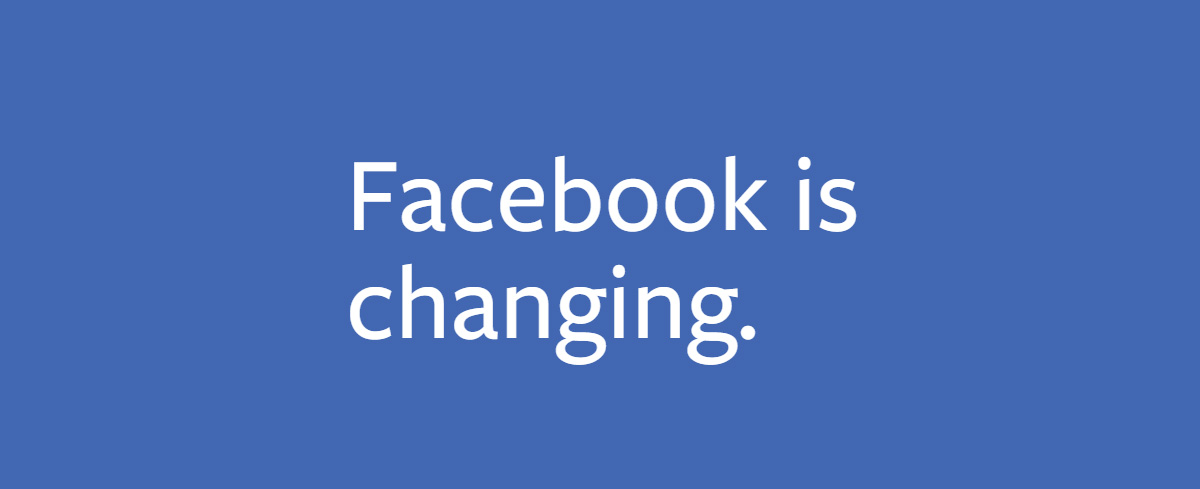Facebook is changing. The popular social media platform have said they’ve been too focused on the positives of Facebook, and as a result they’ve not paid enough attention to the negatives, like the propagation of fake news.
It’s time to “take action” against fake news, the Facebook website states. “Fake news is bad for people and bad for Facebook. It has long been a tool for economic or political gains, and we’re seeing new ways its taking shape online.”
The Facebook strategy against fake news has three parts: First, Facebook will remove accounts and content that violate Community Standards or ad policies. Second, Facebook will reduce the distribution of fake news and inauthentic content, like click-bait. And third, Facebook will inform people by giving them more context on the posts they see.
“We’re working with more fact-checkers globally, to better evaluate the credibility of articles you see on Facebook. We’re reducing the visibility of posts that we know to be fake news. We’re making it harder for peddlers of fake news to make money from their harmful activity.”
According to Facebook, fact-checking is a key part of their strategic war against fake news. When fact-checkers identify and flag “misleading content” or “fake news,” Facebook will rank the story significantly lower in your News Feed. Meaning, you most likely won’t see it.
The things at the top of your News Feed will more likely contain “reputable” and “trustworthy” content, according to Facebook.
Furthermore, Facebook will de-monetize publishers who share fake news. “By making fake news unprofitable, we’re taking away the incentives to publish it and spread it. The idea is: if peddlers of fake news aren’t making money from it, they’ll stop posting it in the first place.”
While some will praise Facebook’s efforts to stamp out fake news, others have already raised concern about Facebook’s political bias.
Earlier this year Senator Ted Cruz question Facebook CEO Mark Zuckerberg about the censoring of conservatives on their platform. Senator Cruz said:
Mr Zuckerberg, I will say there are a great many Americans, who I think are deeply concerned, that Facebook and other tech companies, are engaged in a pervasive pattern of bias and political censorship. There have been numerous instances with Facebook, in May of 2016 Gizmodo reported that Facebook has purposefully and routinely suppressed conservative stories from trending news, including stories about CPAC, including stories about Mitt Romney, including stories about the Lois Lerner IRS scandal, including stories about Glenn Beck.
In addition to that Facebook has initially shut down the Chick-Fil-A Appreciation Day page, has blocked a post from a Fox News reporter, has blocked over two dozen Catholic pages, and most recently blocked Trump supporters, Diamond and Silk’s page with 1.2 million Facebook followers after determining their content and brand were quote ‘unsafe to the community.’ To a great many Americans that appears to be a pervasive pattern of political bias. Do you agree with that assessment?
WATCH:























